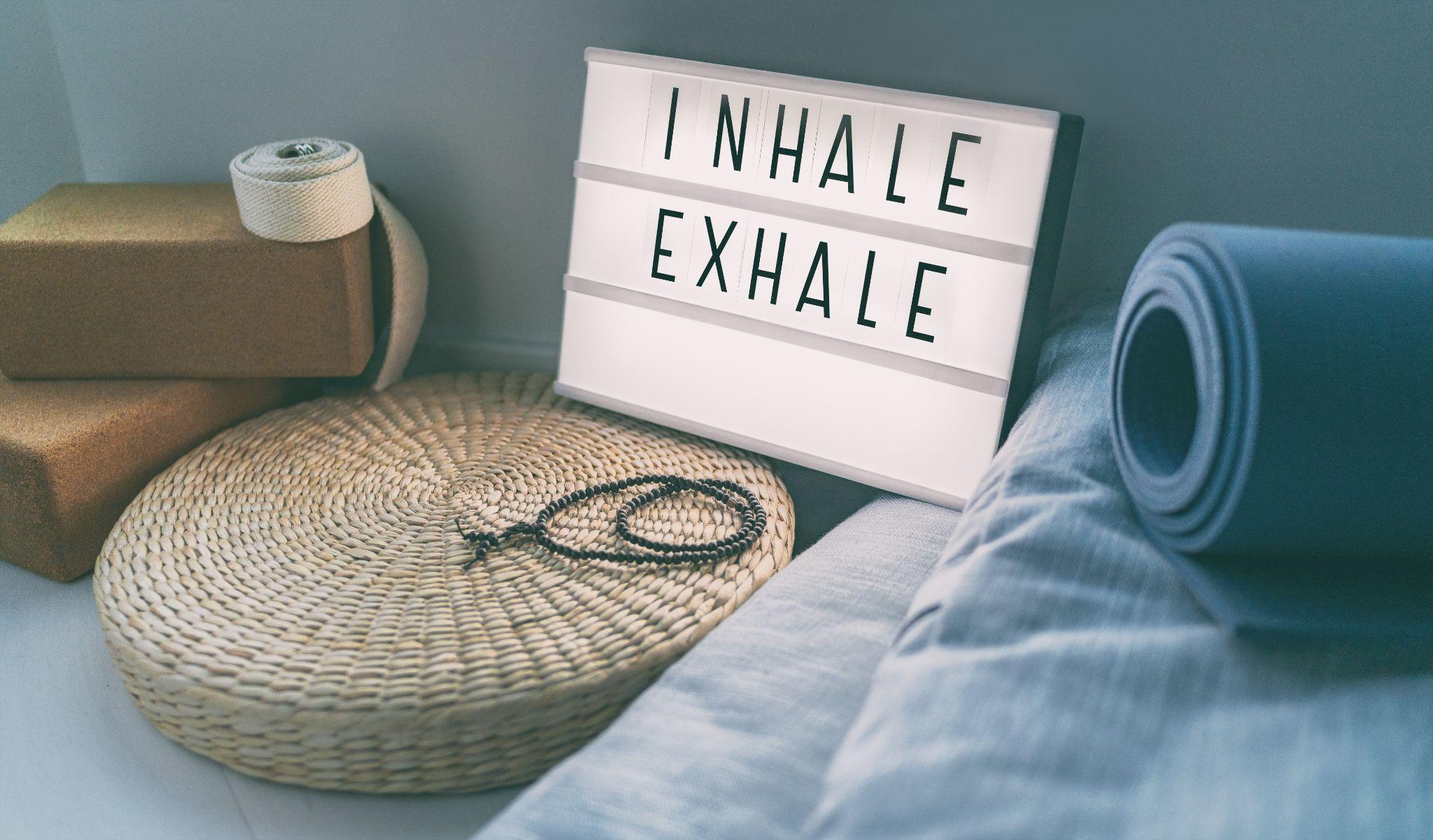A relapse can be incredibly discouraging if you are in the process of recovery or trying to stay sober. Most people who relapse know that their relapse didn’t happen once they used drugs or alcohol again; it happened much earlier with a single decision or thought. In fact, studies confirm that relapse is both an event and a process,1 as it often involves a series of events and decisions that lead to the return to substance use.
Understanding relapse triggers and causes and developing coping mechanisms to prevent relapse are all crucial steps in the recovery journey.
Treatment modalities like group therapy and support groups, a relapse prevention plan, and evidence-based addiction treatment are all useful in preventing relapse.
Effective addiction treatment aims to not only achieve abstinence but also address underlying issues that may contribute to substance abuse. Most treatment programs also include group and individual counseling sessions aimed at teaching you how to not relapse.
We go over everything you need to know about why people relapse, how relapse can be prevented, and what to do if you are worried you might start using again in the future.
What Causes Relapse?
Some common factors that may contribute to relapse include:
- Stress
- Unresolved emotional issues
- Untreated mental health conditions
- A lack of social and emotional support
- Exposure to triggers and a lack of healthy coping mechanisms
Although understanding your triggers and recognizing the signs of relapse can help, seeking professional guidance and attending support groups provide valuable resources for continued recovery.
Addiction Treatment and Its Goals
The objective of addiction treatment is to help individuals overcome their substance use disorder and maintain long-term recovery. However, addiction treatment is not a one-size-fits-all approach, and the most effective treatment programs will vary depending on your unique needs and circumstances.
Treatment may involve a combination of behavioral therapies, medication-assisted treatment, and support groups to address the physical, psychological, and social aspects of addiction while teaching you relapse prevention skills for once you leave the facility.
Five Tips for Preventing Relapse
Preventing relapse is crucial in maintaining long-term recovery from addiction. Relapse prevention techniques often involve addressing underlying mental health issues that may contribute to addiction while learning healthy ways to manage stress, strong emotions, or high-risk situations without the need to turn to drugs or alcohol.
A relapse prevention plan includes attending support group meetings and outpatient therapy sessions, as well as practicing self-care activities such as mindfulness-based relapse prevention (MBRP).
Below we go over the five most effective tips for preventing relapse:
1. Understand Your Triggers
Relapse triggers are environmental or emotional cues that can lead to substance abuse even after you have been sober for years. Not knowing what your triggers are or how to manage them greatly increases your risk of relapsing.
Whether during your initial addiction treatment or in your substance abuse recovery support group, it is important to learn how to identify your triggers and develop relapse prevention strategies to manage them effectively.
Common relapse triggers include:
- Stress
- Relationship issues
- Anxiety
- Peer pressure
- Interacting with certain people
- Visiting certain places you associate with substance use
Once you know what your triggers are, you can work on managing them using the following relapse-prevention strategies:
- HALT stands for hungry, angry, lonely, and tired, all common emotional and physical states that could potentially increase the risk of relapsing. Taking care of these basic needs can help prevent triggers from becoming overwhelming.
- Practice mindfulness-based
- Engage in physical activity or your hobbies.
- Seek support from a therapist or support group like Alcoholics Anonymous. Having a strong support network in place helps prevent relapse by preventing loneliness and offering you a safe space to discuss your feelings with people that know what you are going through.
2. Know the Signs of Relapse
Relapse doesn’t start when you use drugs or alcohol again. In most cases, there are much earlier signs that something isn’t right. Learning to identify these signs in your behavior, thoughts, and actions can help you recognize when you are at risk of relapsing and allow you to get the help you need to prevent it.
The common signs of relapse are:
- Sudden shifts in mood or behavior
- Withdrawal from social activities
- Isolating yourself from your loved ones or support network
- Neglecting self-care
- Returning to old habits or environments associated with your addiction
Addressing these warning signs as early as possible could help you avoid using drugs or alcohol again and relapsing entirely.
However, it is also important to note that addiction is a chronic disease. Relapse is a common part of the recovery process toward achieving lifelong recovery, and it should not be met with shame, judgment, or the feeling that you’ve failed.
Rather, it is an opportunity to learn from the experience and make necessary adjustments to your recovery plan so you are better equipped at preventing future relapses.
3. Implement Relapse Prevention and Positive Sober Behaviors
There are certain coping mechanisms and habits individuals can use to help encourage sobriety and prevent relapse. These relapse prevention techniques not only help in avoiding relapse but can also improve your health and mood and promote a sense of well-being that is crucial for maintaining long-term recovery.
Some powerful strategies and habits that help reduce your chance of relapsing include:
- Eating a balanced diet
- Getting enough sleep
- Engaging in regular exercise
- Practicing mindfulness-based meditation
- Practicing self-care
- Developing a strong support network of family members and friends who provide encouragement and accountability
- Identifying and avoiding high-risk situations like social events where drugs or alcohol are present
- Having a plan in place to handle cravings or urges
- Setting realistic goals and celebrating your progress
Developing healthy habits is an integral part of the recovery support process, as it helps you cope with stress and triggers that may lead to relapse. By replacing addictive behaviors with positive habits, you can build a strong foundation for long-term sobriety and improve your overall well-being.
4. Build a Powerful Support System
Having a support system in place during and after treatment provides encouragement, accountability, and a sense of belonging, particularly during difficult times in the recovery process. It also helps you feel less isolated and lonely, which is a common struggle after leaving residential rehab.
The best support systems are often built and developed during outpatient therapy or 12-step programs, by spending time with supportive family members and friends, or by joining a sober community once you leave rehab.
By being open and honest with people who are in the same boat as you about your mental health, substance use history, and the struggles you face during recovery, you’ll quickly discover you are not alone, and many have gone through the same experiences as you and triumphed over their cravings.
5. Don’t Hesitate to Seek Treatment After Relapse
If you’ve relapsed, don’t waste time feeling discouraged or disappointed. For many, relapse has become a part of their recovery journey that has only made them more determined to stay sober.
Instead, seek the treatment you need to get clean again and learn additional skills to help you resist relapsing in the future.
Common treatment options after rehab are also effective at helping reduce your chance of relapsing. Aftercare programs play a significant role in providing ongoing support and guidance to individuals in recovery, helping them stay committed to their sobriety goals.
How Newport Beach Recovery Center Can Help
Newport Beach Recovery Center offers a range of programs and services that can help individuals navigate the challenges of recovery and assist individuals with coping mechanisms teaching them how to not relapse.
These programs may include:
- Group therapy
- Individual counseling
- 12-step meetings
- Family therapy
- Holistic therapies such as yoga and meditation
Additionally, our team of experienced professionals can provide personalized treatment programs and plans tailored to meet the unique needs of each individual in recovery.
By participating in one of our evidence-based treatment options, implementing the lessons and coping methods you learn during your treatment, and using your time to build a strong support network of people who want what is best for you, you can lay a strong foundation to prevent relapsing in the future.
Recovery is a lifelong journey and requires continuous effort and dedication. Taking advantage of resources such as therapy, including the inpatient and outpatient treatment programs at Newport Beach Recovery Center, can greatly increase your chances of maintaining sobriety and effectively preventing relapse for years to come.
Don’t wait. Take the first step to a healthier and happier life by reaching out to Newport Beach Recovery Center today.
Source:


